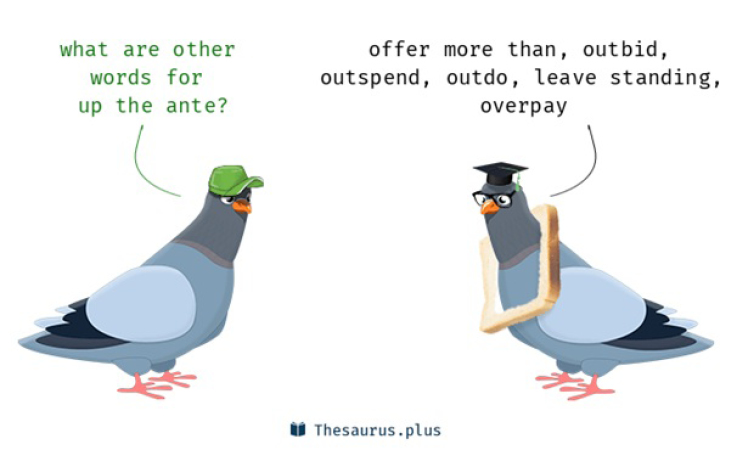The up-the-ante arguments
Everyday Nigerians who love their leaders to the extent that they cannot critique the actions of such leaders now argue in the negative in a manner that the Britons would describe as up the ante arguments. In other words, the arguments are deployed most usually by common citizens as a way of shielding their political […]

Everyday Nigerians who love their leaders to the extent that they cannot critique the actions of such leaders now argue in the negative in a manner that the Britons would describe as up the ante arguments. In other words, the arguments are deployed most usually by common citizens as a way of shielding their political heroes and heroines even from legitimate criticisms—the sacred obligation of the citizen to speak truth to power and hold leaders accountable.
While such arguments are perhaps acceptable in regular parlances that are devoid of critical thought and analysis, in the academia, such arguments are seen for what they are—an often flawed reasoning, which is deployed to achieve a convenient detour into the escapist rhetoric, of what can be described, at best, as a futile defence of an utterly vulnerable (read: defenceless) thing or phenomena. Academics do not seem to engage in such arguments unless they are weak.
I was therefore not surprised when I recently read some comments on the social media from my academic mentor and Vanderbilt University professor, Moses Ochonu, cautioning some political diehards on their new-found procedures of argument that often speaks to the negative by taking up the ante. It reminds me of what I once read from one of Lamido Sanusi’s brilliant essays on how a people would assume the habit of promoting their egos in order to win an argument.
I learned not to argue in the negative when I returned to the UK for postgraduate studies sometime in 2015. On the advice of my academic supervisor, I was made to write a long manuscript for publication in a top rated journal in our discipline. Each time I presented drafts for constructive criticisms from the supervisor, although he often commended my effort, nonetheless, amongst his concerns were that I was sometimes arguing in the negative. He told me many times that reviewers will penalise our manuscript when they see us arguing in that manner.
Again, before submitting the manuscript for peer-review, I saw the need to seek additional perspectives from an industry-experienced professional whom I asked to be a co-author of the work. I travelled from my university to a different city within the UK to meet with the industry professional who read my manuscript in its entirety with a very careful attention, while offering critical comments and suggestions. Like the professor who supervised me, the industry professional commended my manuscript, but told me that the only problem with it were that some of my arguments were presented in what he described as taking up the ante. That was the first time I heard of that a phrase. According to the industry professional nobody takes you seriously when you argue by taking up the ante, and chances are that our manuscript might be rejected by reviewers for that singular reason.
In arguing in the negative or taking up the ante, you make your case by bringing up undesirable comparisons such as explained by Professor Ochonu in one of his retorts that to say that “…if Jonathan had won (the elections in 2015), the dollar would be exchanging for N1000…” is akin to implying that “the only positive thing you have to say about your political hero (Buhari) is that he is merely a preserver of the status quo, someone who is merely preventing the country from regressing.” That is a negative argument, and negative arguments like this, as I found out sometime ago, were dealt with judiciously as way back as 1690 by an English philosopher and physician, John Locke, in his book entitled “An Essay Concerning Human Understanding.”
Again, in reporting the negative, all the person does is conforming with common knowledge—a tradition that is obvious even to a beginning student of communication. This tradition conforms to common-sense in the sense that it is futile to report normalcy. The fact that one does not report normalcy does not mean that one does not acknowledge its existence. It only mean that normalcy is not worthy of reporting as it is not news. But this is not the same as taking up the ante. What these lessons serve for me is that I have learned that it is not professional at all to argue in the negative; taking up the ante. My manuscript was improved greatly and was later found worthy of publication in a top-rated journal in my discipline after I learnt a lesson on how not to take up the ante. But beyond the scholarship and academic protocols, I have learnt, generally, that in an argument or contest, if you take up the ante, you increase the demands that you are making or the risks that you are taking. This, therefore, should not be expected from serious people as it is escapist, distracting and often fantasising.
